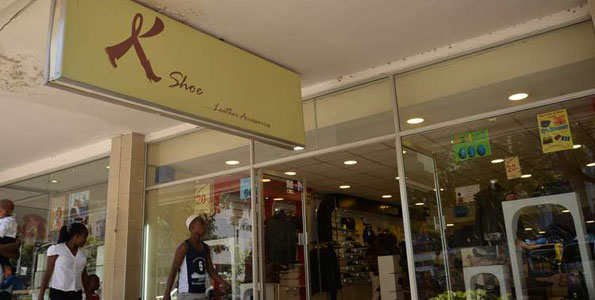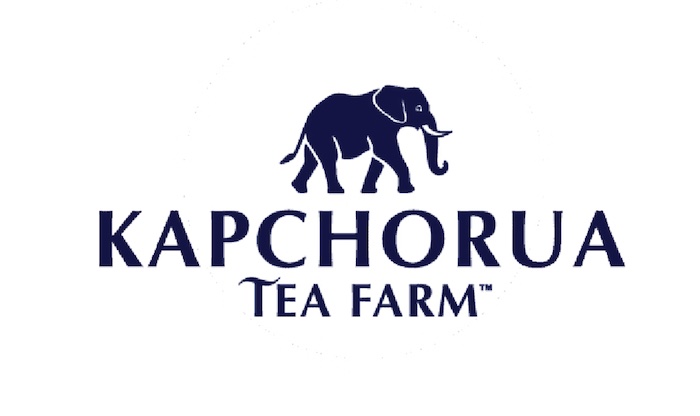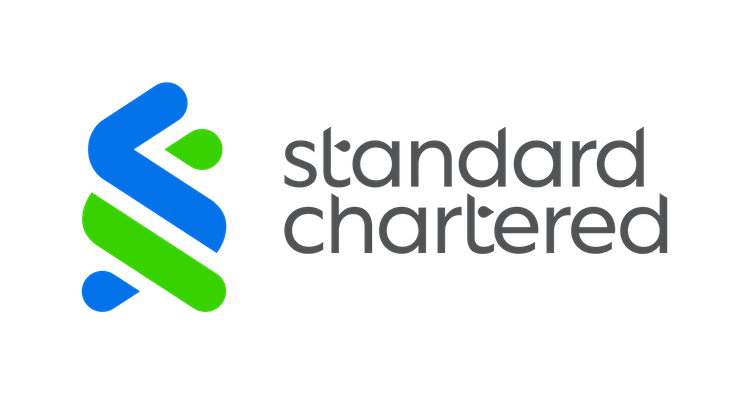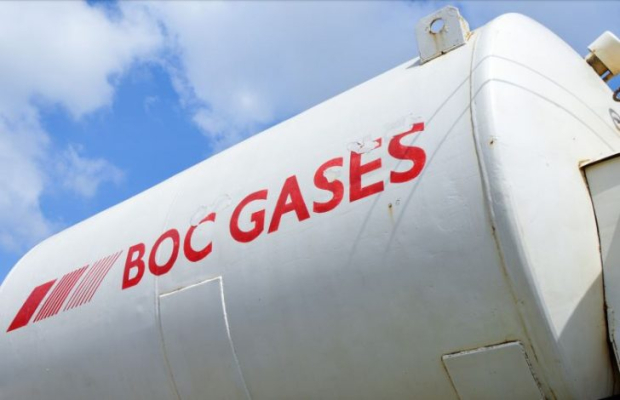Shares of the little-known Nairobi Business Ventures (NSE:NBV) have staged the biggest short-term rallies on the history of the Nairobi bourse, lifting the wealth of its founders by hundreds of millions of shillings and benefiting early speculators.
The company, which used to sell the K-Shoe brand of shoes, started trading on the Nairobi Securities Exchange (NSE) on June 21, 2016 at a price of Sh5, giving it a market value of Sh118 million.
NBV’s share price would go on a downward spiral to fall below Sh1 in January 2019 as investors reacted to losses and eventual seizure of the company’s stores by landlords.
The shares continued to be thinly traded for cents by speculators until October last year when a new announcement sent the stock on a dizzying rally which has started cooling off.
The company announced it had struck a deal to sell an 84 percent stake to Delta International from Dubai for Sh83 million, adding that the majority investor would start cement production among other manufacturing ventures.
No further details were given at the time but the notice sent the stock rallying from lows of Sh0.63 on October 13 to a record high of Sh13.8 on July 6, assigning it a market value of Sh6.7 billion despite its measly revenues.
This meant that NBV’s value jumped nearly 22 times in nine months, overtaking the market capitalisation of companies such as Carbacid, WPP Scangroup, NSE and Unga Group.
Yesterday, the share was worth Sh4.42 billion, and gained 1,536 percent over the past year—making it the best performing at the NSE.
A person who invested Sh100,000 to buy the shares when they were trading in cents has seen the value of his or her holdings jump to over Sh1.5 million.
NBV, which was at the bottom of market capitalisation rankings with a value of Sh15 million in October, has risen to the middle of the pack.
The company, for instance, overtook Carbacid which has a market value of Sh3.1 billion despite the latter recording annualised sales and net profit of Sh899.2 million and Sh420 million respectively. NBV meanwhile booked sales of Sh7.6 million in the half year ended September, according to its latest disclosure.
The rally occurred despite Delta being allotted 415 million shares, which diluted the stakes of NBV’s earlier investors by 84 percent. The shares of the earlier shareholders were split into two prior to Delta being given its controlling stake in the company.
The actions turbocharged the wealth of NBV’s founders by a large margin though they had not taken advantage of the mania to sell part of their holdings, according to June regulatory records.
Vasu Abotula and Raja Sekhar Sungarapu each held 8.1 million shares, which were valued at Sh40.9 million apiece when the company listed by introduction.
At NBV’s share price peak on July 6, Mr Abotula’s holdings had jumped to Sh197 million while Mr Sungarapu’s paper wealth had swelled to Sh226 million.
The duo had invested only Sh10 million combined in the company. The rally has been cooling off and Mr Abotula’s paper wealth had fallen to Sh128.5 million as of yesterday when Mr Sungarapu’s holdings had also receded to Sh147.5 million.
NBV’s market capitalisation has shrunk to Sh4.4 billion, which still beats the value of many companies generating billions of shillings in revenue from ongoing operations.
Some speculators have reaped large profits, with the rally being accompanied by significant volumes running into hundreds of thousands of shares on a weekly basis. Analysts say NBV’s share price action is being fuelled by speculators.
“The company has been performing really badly (financially) so there were no fundamentals to cause such a rally,” said Sarah Wanga, the head of research at stock brokerage AIB-AXYS Africa.
“It is a case of speculation. Investors who had endured depressed price and then saw the price begin to rise did not want to miss the boat presuming the share would rise further. This has partly driven up the volumes and price.”
NBV on July 1 announced the amounts it would be investing in the new business lines but did not say whether Delta, the majority shareholder, would provide the capital or rely on debt financing.
The firm said it would invest a total of Sh18 billion to set up a cement production plant and buy three companies involved in the transport sector.
Some stockbrokers had asked the Capital Markets Authority (CMA) to investigate the counter, arguing that some investors may have traded on privileged informationt.
Delta is owned by Haresh Vrajlal Damodardas Soni and its local and regional subsidiaries include Delta Holdings Kenya (real estate), Shreeji Glass Uganda (chemical manufacturing) and Shreeji Chemicals Kenya.







































